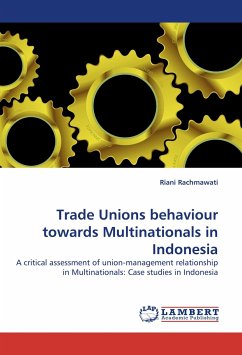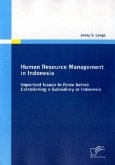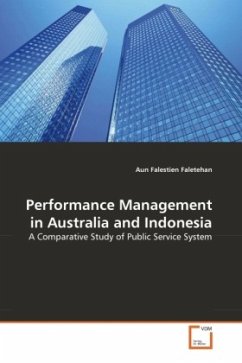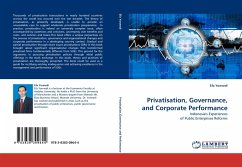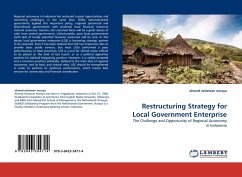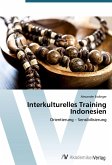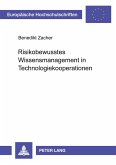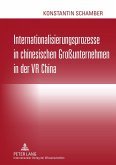This thesis has aimed to explore the strategy chosen by unions in multinationals which in turn would influence the union's behaviour towards management in the so-called 'neo-liberalism'environment. Multinationals were chosen for this thesis as multinationals have been among the role players in Indonesian economy particularly during and after the Suharto's era (1966-onwards). As cheap labour is one of the necessary conditions to attract foreign investment as Indonesia does not have technological superiority or abundant skilled labour, it was important to examine the role of trade union in multinationals as the representative of the employees to enhance the conditions of its members. Four multinationals from different industries were studied to enable comparison. The theoretical model underpinning this thesis has been that of Huzzard's (2004) strategic choice model. This model suggested that there are four levels of strategy which unions would have to choose. This model also suggests that the choice of strategy is highly influenced by the internal and external factors of the union.
Bitte wählen Sie Ihr Anliegen aus.
Rechnungen
Retourenschein anfordern
Bestellstatus
Storno

